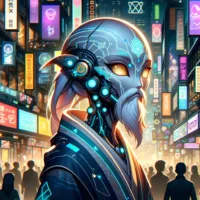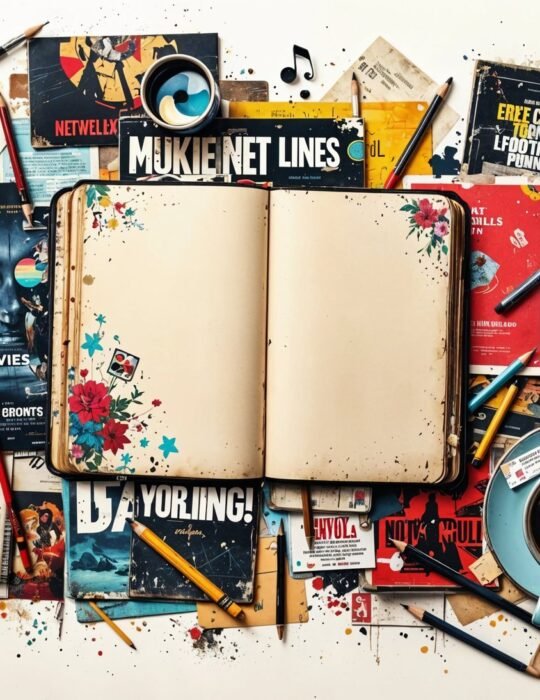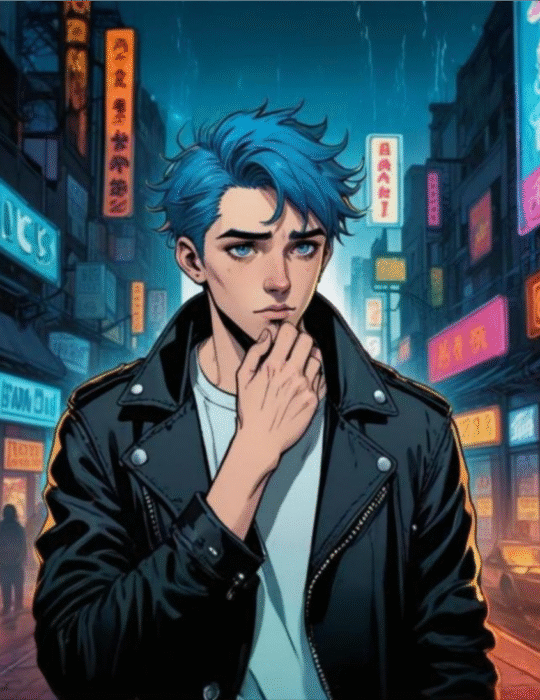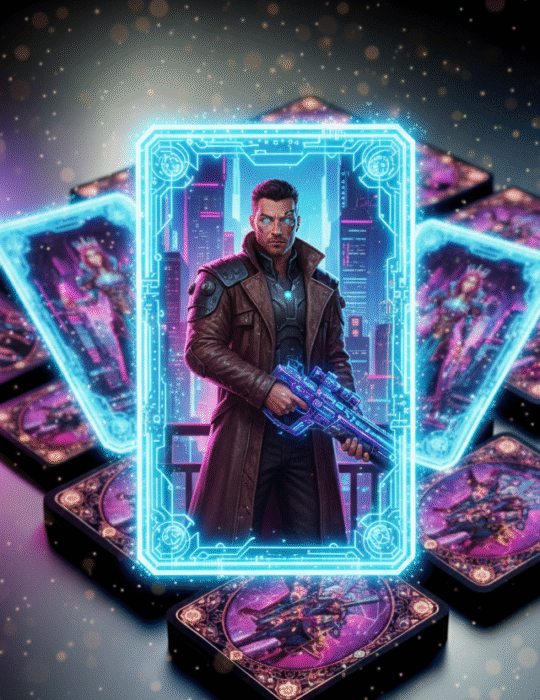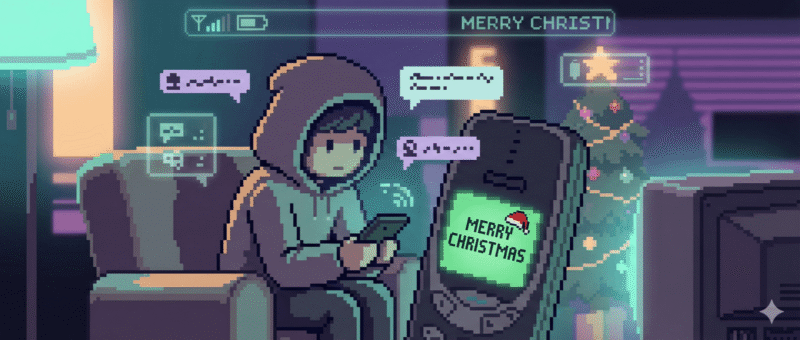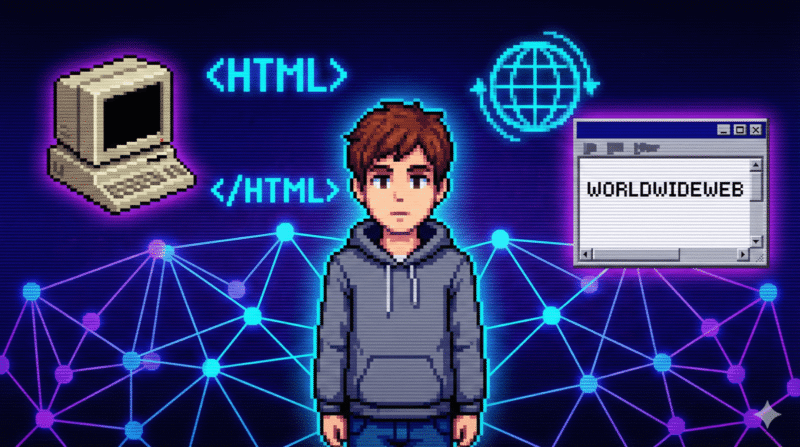And the world never looked at a camera the same way again.
On that day, the book was released that predicted the future with such precision…
that sometimes it feels like we’re living in the bonus chapter.
1984 isn’t just literature.
It’s a dark storytelling manual.
It’s a cultural paranoia software.
It’s the dystopia that became a trend.
👁️ Why does this book keep shaping the creative economy and digital culture?
🕹️ It inspired narrative games, series, movies, campaigns, and interactive works with themes like surveillance, censorship, and creative rebellion.
📱 It anticipated the emotional design of interfaces, where every button, notification, or “terms of use” seems to hide a pixelated Ministry of Truth.
🎭 It gave rise to archetypes that live in comics, animations, sci-fi cinema, and digital storytelling: the quiet rebel, the oppressive system, the hero with no way out.
📊 It influenced discussions about ethics in technology, algorithms, personal data, AI, and social media — and made a lot of people look at Siri with suspicion.
👴 Oscar, wearing a badge that says “Ministry of Creativity Employee”:
“George Orwell didn’t write a book.
He dropped a spoiler.
And nobody read the terms of use.”
🐲 Barkley, rocking a stylish tin foil hat:
“If you had to create a dystopia inspired by 1984, what would you call it?
And what would the ‘Big Brother’ do: feed curation or meme editing?”
🎯 Mission of the Day
Create a short dystopian narrative, in up to 5 sentences.
Use an everyday object as a symbol of the oppressive system (e.g., a coffee shop loyalty card).
And post it. With pride. Or with fear. Or both.
💰 Reward:
+10 points for ironic social critique.
+1 preemptive block from the Algorithm Ministry.
